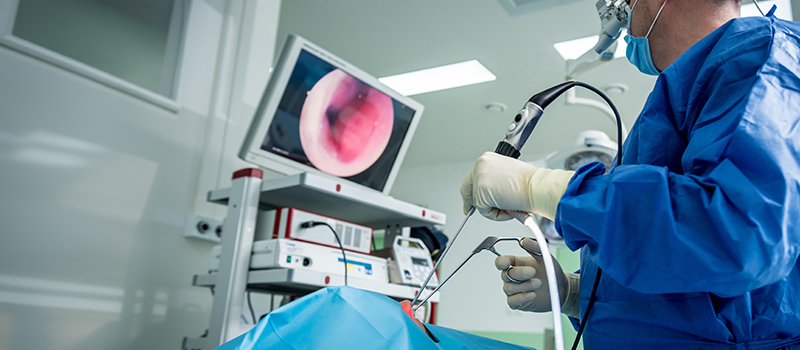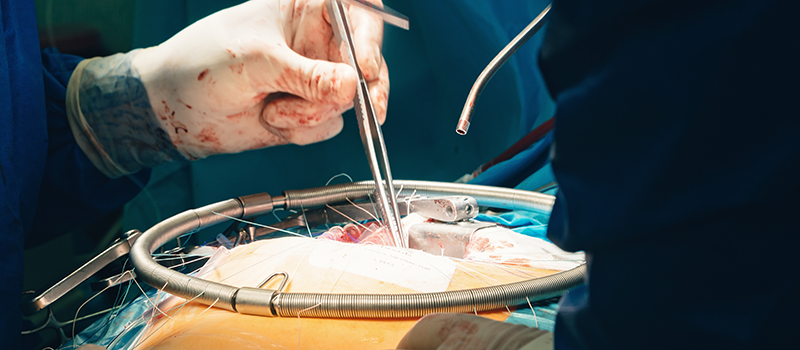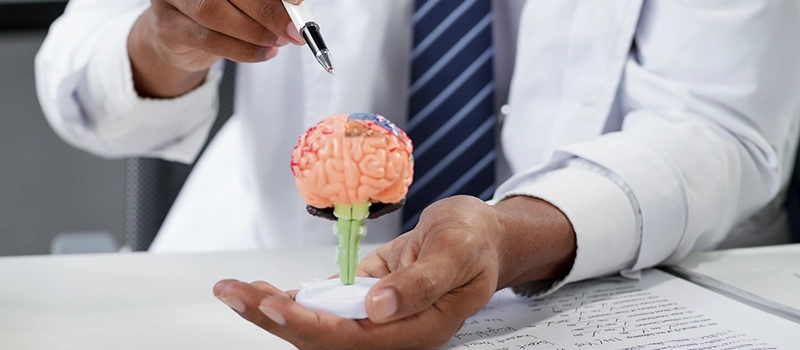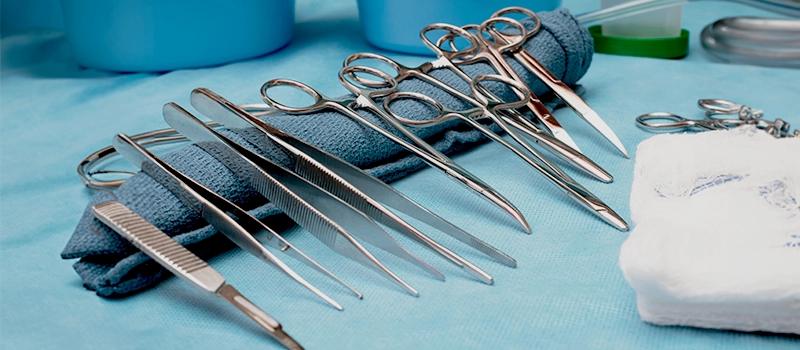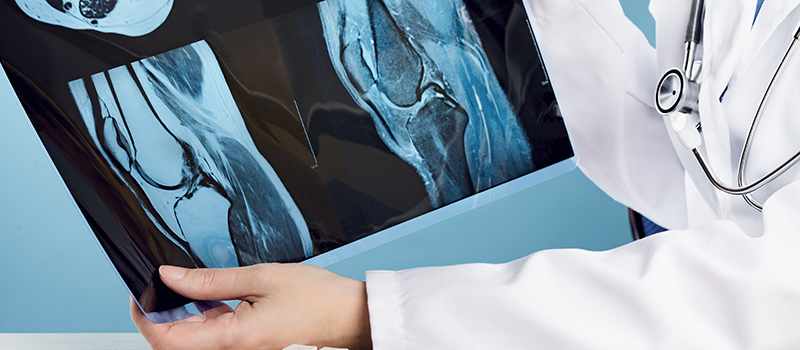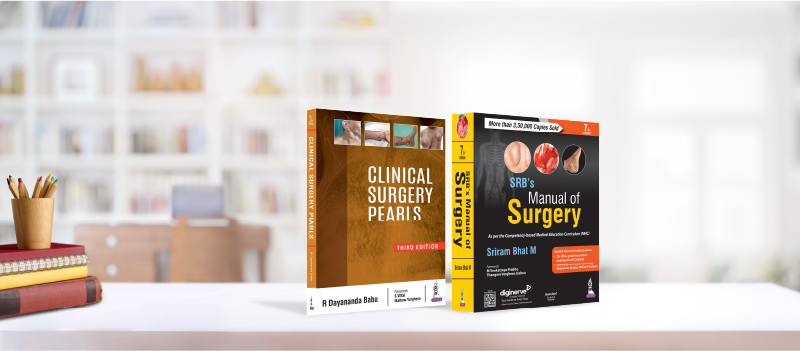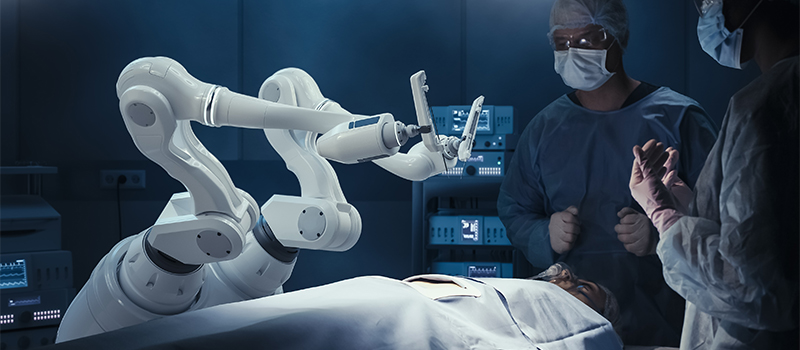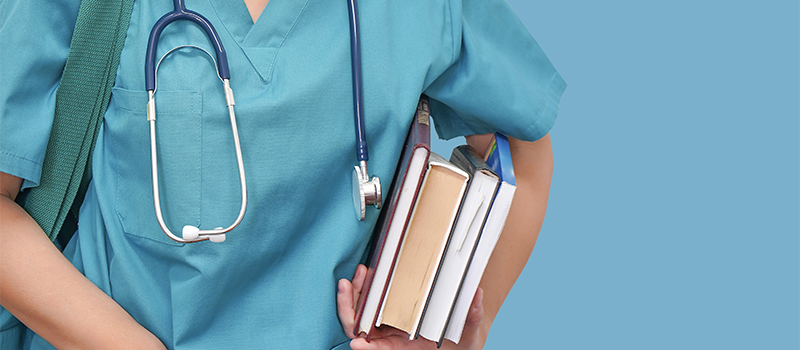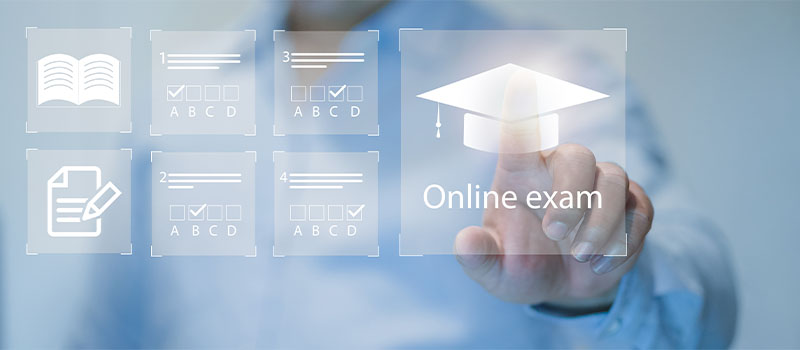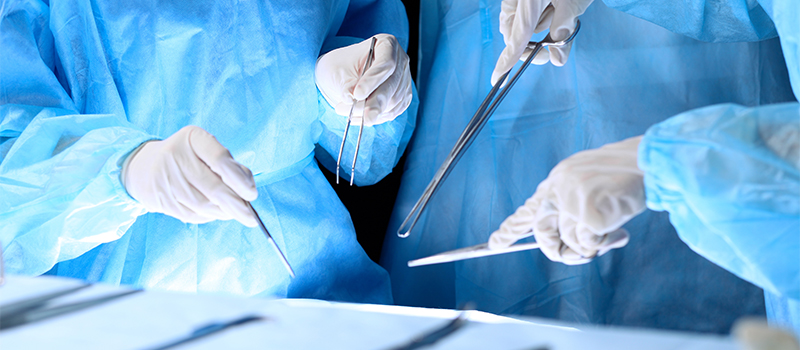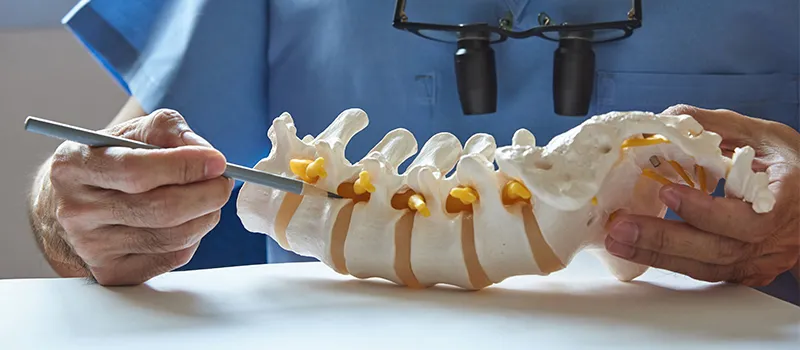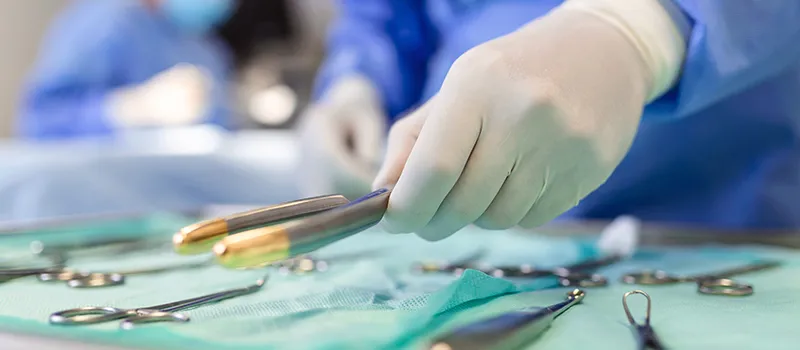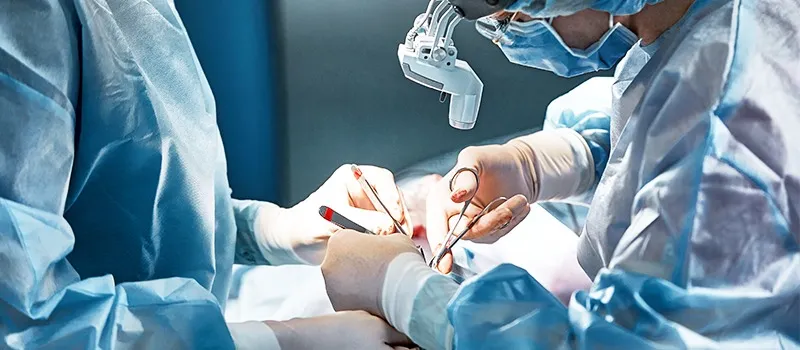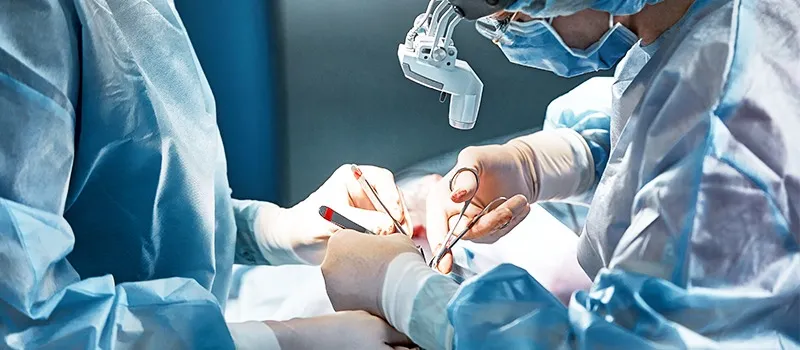
Important Topics of Surgery in MBBS
From watching your first live surgery to doing it yourself, Surgery is one of those subjects that will manifest in front of your eyes every single time. Whatever you read in books will be in front of your eyes, which makes it even more intriguing.
MBBS Prof Exam Pattern
The MBBS Prof exam for the General Surgery subject contains two theoretical exams of 100 marks each, according to the new CBME curriculum, and the practical examination (Practical/Clinical + Viva) is of 200 marks. There are many sorts of questions asked in the theory exam, including structured essays (long answer questions, or LAQ), short response questions, and objective questions (MCQs and IBQs).
You will have a portion in the exam about anesthesia and orthopaedics, along with the major part from core surgery.
Important Topics of Surgery for MBBS Prof Exams, NEET-PG, and INI-CET entrance examination
If you want to pursue postgraduate study, you should concentrate on early preparation for both prof exams and competitive entrance examinations. India now has two major exams: NEET-PG/NExT and INI-CET. In the INI-CET and NEET PG entrance exams, surgery and its allied subjects have a weight of approximately 35 questions each.
Here’s a list of high-yielding topics for Surgery for NEET-PG, INI-CET, and MBBS Prof exams.
BASIC PRINCIPLES OF SURGERY
- Classify wounds & process of wound healing
- Wound Healing
- Neo Adjuvant Chemotherapy (principles of oncology)
- Post exposure prophylaxis for HIV
- Mechanism of coagulation
- Pathophysiology of septic shock
- Antibiotic prophylaxis in surgery
- Gangrene
- Diabetic foot
- Hemorrhagic shock
- 5-Fluoro uracil
- Delayed primary sutures
- Tetanus prophylaxis
- Secondary hemorrhage
- Neurological changes in Diabetic foot
- Complications of blood transfusion
- Tubercular cervical lymphadenopathy
- Hypovolemic shock
- Enteral Nutrition
- Metabolic alkalosis and its treatment
- Day care surgery
- Decubitus ulcers/Bedsores
- Tetanus
- Drugs used in the treatment of TB and their side effects
INVESTIGATION AND DIAGNOSIS
- PET-CT
- Mammography
- MRCP- Magnetic resonance cholangiopancreatography
- ERCP- Endoscopic retrograde cholangiopancreatography
- CT- Scan
- FAST
- MRI
- Causes of Intraabdominal R.O. shadows
- Isotopic renography
- Ultrasound
- Endoscopic USG
- Colonoscopy
PERI-OPERATIVE CARE
- Spinal anesthesia complications
- Regional block anesthesia
- Loco-regional anesthesia
- Endotracheal intubation indications
- Caudal block
- General anesthesia
- Preparation of patient for anesthesia
- Advantages and complications of epidural anesthesia
TRAUMA
- Extradural Hematoma
- Glasgow coma scale and its significance
- ATLS- Advance trauma life support
- Autoimmune response of body to trauma
- Management of acutely injured patient
- Define Triage and management of mass causalities from a bus accident falling into a gorge
- Management of Roadside wound
ORTHOPAEDICS
- Management of open fractures
- Management of traumatic paraplegia
- Treatment of congenital dislocation of hip joint
- Clinical feature in 6 months old paraplegia
- Compartment syndrome and its presentation, diagnosis, & treatment
- Colles fracture
- Structure of bone with diagram
- Clinical features, pathological anatomy, and treatment of recurrent dislocation of shoulder
- Ewing’s sarcoma
- Myositis ossificans
- Etiopathogenesis of necrotizing fasciitis. Management of case of necrotizing fasciitis of lower limb
- Classification of Epiphyseal injuries and their complications
- Classify nerve injuries and treatment
- Management of CTEV- Congenital talipes equinovarus aka club foot
- Management of GCT- Giant Cell Tumor of bone
- Structure of Growth plate with diagram. How does it help in endochondral ossification.
- Clinical Features, etiology, pathology, and management of Rheumatoid arthritis
- Thomas splint
- Intracapsular fracture of neck of femur. Anatomical classification of fracture neck femur
- Etiopathogenesis, C/F, and management of Pyogenic osteomyelitis of distal end of femur
- Mechanism of injury, C/F, and management of supracondylar fracture of humerus and complication
- Frozen Shoulder
- Osteosarcoma
- Causes of low back pain
- Enumerate complications of fracture
- Carpal tunnel syndrome
- Etiology, pathogenesis, Clinical features, and treatment principles of acute osteomyelitis
- Tuberculosis knee joint
- Volkmann ischemic contracture
- Principle in management of extremity fracture
- Open fracture and its complications
- Guillotine amputation
- Bone Biopsy
- Rickets orthopaedics manifestations
- Cubitus deformity
- Post-hip dislocation
- Acute hematogenous osteomyelitis of proximal end of tibia in 5 years old
- Wrist drop
- B Splint
- ABC in Polytrauma
- Sodeck’s osteodystrophy
- Pott’s Paraplegia
- Painful heel
- Geno valgum
- Monteggia fracture dislocation
- Classify bone tumors. Clinical features, management of Ewing sarcoma
- Mandible fracture first aid management
- Dietary Rickets
- Fractured pelvis – Mechanism, diagnosis & treatment
- Osteoclastoma
- Osteochondroma
SKIN AND SUBCUTANEOUS TISSUE
- Fluid management in burn patient
- Basal cell carcinoma
- Inhalations Burns and its management
- Spread of Melanoma and Malignant Melanoma
- Carbuncle
- Collar stud abscess
- SCC of skin
- Premalignant lesions of skin and basal cell carcinoma and BCC diagnosis
HEAD AND NECK
- Pleomorphic adenoma of salivary glands
- Epulis
- Thyroglossal cyst and its treatment
- Ranula
- Classify Jaw tumors
- Dentigerous cyst
- Cystic hygroma
- Thyroglossal fistula
- Tongue tie
- Causes of carcinoma tongue and investigations
- Applied anatomy of Parotid Gland
- Causes of Lock Jaw
- Apical abscess
BREAST AND ENDOCRINE
- Classify Breast cancer. Clinical features, investigations, and treatment of early breast cancer
- Neo adjuvant chemotherapy
- Triple assessment
- Fibro adenoma
- Discrete thyroid swellings
- Thyroid hormone synthesis and control
- Lymphatic drainage of breast
- causes and management
- Hyperparathyroidism
- Pathology of Thyroid neoplasm and management of differentiated carcinoma thyroid
- Breast abscesses
- Pheochromocytoma
- Surgical anatomy of thyroid gland
- Paget’s disease of breast
- DD of breast lump and investigation
- Primary thyrotoxicosis
- Management of multi nodular goitre
- Phyllodes tumor
CARDIOTHORACIC
- Spontaneous pneumothorax
- Tension pneumothorax
- Haemo-pneumothorax
- Acute respiratory distress syndrome
- Blunt trauma of chest and its management
- Tube Thoracostomy
- Stone in chest
- Paradoxical respiration and its management
- Invasive investigation of coronary artery disease and indication of bypass surgery
VASCULAR
- Deep vein thrombosis
- Varicose Veins
- Fat embolism
- Coronary artery bypass surgery
- Management of Burger’s disease
- Define PVD, its causes.
- Discuss buerger’s disease
ABDOMINAL
- Clinical features, complications and management of Gall stones
- Surgical anatomy and physiology of Esophagus
- Volvulus neonatorum (Pediatric surgery)
- Etiopathogenesis, C/F, and management of carcinoma caecum
- A-dynamic intestinal obstruction
- Clinical features, investigation, treatment & differential diagnosis of Carcinoma rectum
- Enumerate Premalignant conditions of colon and CA rectum
- Complications of splenectomy
- Clinical features and management of Amoebic liver abscess
- Pathophysiology and management of Acute pancreatitis
- Clinical features, investigations, and management of carcinoma esophagus
- Anal fissure
- Direct inguinal hernia
- Complications of Appendectomy
- Preparation of case of jaundice in surgery
- Fistula-in-ano and its operations
- Inguinal lymphadenopathy
- Various operations for peptic ulcer diseases
- Management of penetrating injuries of abdomen
- Mega colon
- Pyloric stenosis in infants
- Pathology of strangulation of bowel
- Classify acute intestinal obstruction and Management of congenital mega colon
- Pseudo cyst of pancreas & spleen and their management
- Desmoid Tumor
- Congenital hypertrophic pyloric stenosis
- C/F, diagnosis of Pyloric stenosis in infants
- Laparoscopic Cholecystectomy
- Management of acute appendicitis
- Types and complications of Ileostomy
- Complications of Chronic duodenal ulcer
- Life cycle of Hydatid cyst
- Meckel’s diverticulum
- Complication of cyst
- Electrolyte imbalance in pyloric stenosis
- Strangulated inguinal hernia
- Intussusception
- Define peptic ulcer. Write in details its complications and management of perforated duodenal ulcer
- Classify causes of surgical jaundice. Management of carcinoma of head of pancreas
- Causes of bleeding per rectum and its investigations
- Management of appendicular lump
- Causes of Gastric outlet obstruction
- Hypokalemic, hypochloraemic alkalosis and its management
- Bilioma
- Indication of surgery in ulcerative colitis
GENITOURINARY
- Urinary Incontinence
- Treatment modalities of Calculus in lower one third of ureter
- Torsion testis
- Ureteric stones
- Wilm’s tumor
- Carcinoma urinary bladder
- Classification and staging of testicular tumors
- Causes and management of hematuria
- Causes of Unilateral hydro nephrosis
- Complications of undescended testis
- Hypospadias
- Carcinoma penis
- Testicular swelling and tumor marker of testicular tumours
- Classify kidney tumors
- Varicocele
- Indication of surgery and complications of BHP
- Phimosis
- Hydrocele
- Hypernephroma
- Seminoma testis
TRANSPLANTATION
- Indications of Liver transplantation
OTHERS
- Hyperkalemia
- Chemical sterilization
- Sterilization
All the above mentioned are the most important topics for surgery exam, that you cannot afford to miss for your university examinations.
For your preparation, it is always helpful to have an online source of teaching, that you can refer to at any time. DigiNerve offers Surgery for UnderGrads, a comprehensive course to meet the study requirements of undergraduate students. The course has been crafted by the eminent faculty and author, Dr. Sriram Bhat, who is renowned for his book “SRB’s Manual of Surgery”. The course’s main objective is to eventually get students to stick with observation, the ability to make deductions and use their knowledge in real-world situations. By focusing on the subject’s foundational concepts, the course aids in laying a solid foundation. It is therefore among the best surgery courses for medical students. The course is divided into 3 sections:
- General Surgery
- Systemic & Specialty Surgery
- Clinics in Surgery, which includes case history taking, physical examination, instrumentation, investigations, and aspects of operative surgery.
The emphasis has been on the clinical examination and differential diagnosis throughout the course. This will aid in developing the student’s critical thinking skills so they can effectively assess, diagnose, and manage the patient. To assist students, learn the art of examination and grasp how to arrive at a differential diagnosis, the faculty has conducted physical and clinical examination demonstrations in actual clinical settings. To provide the students with a thorough understanding of operational surgery, surgical anatomy has been covered alongside the majority of the structures and systems. To familiarize the students with their understanding and use, a separate portion has been devoted to surgical tools and X-rays. Also, they are a crucial component of the clinical tests and are used as a tool for last-minute review prior to the final clinical exams. For every topic, theoretical aspects with practical points for operative surgeries have been provided along with important questions for university exams, PG entrance exams, and viva voice.
Conclusion
Surgery is one of the most critical subjects in MBBS, and DigiOne and DigiNEET are ideal resources for mastering surgical topics. DigiOne covers the foundational knowledge in subjects like Anatomy and Physiology, which are essential for understanding surgical principles and procedures. For advanced preparation, DigiNEET delves deep into surgical topics such as trauma surgery, gastrointestinal surgery, and orthopedic surgery course, with expert-led video lectures, MCQs, and mock tests designed to strengthen clinical reasoning and exam performance. Together, DigiOne and DigiNEET provide a comprehensive understanding of surgery and help students excel in both practical and theoretical aspects of the subject.
Frequently Asked Questions (FAQs):
-
Which is the best Indian author book for surgery?
Ans. SRB’s manual of surgery is the best book by an Indian author, Dr. Sriram Bhat. The book is aligned according to the latest CBME curriculum and provides all the subject information required at an undergraduate level.
-
Which is the most affordable online course for surgery in MBBS?
Ans. Surgery for UnderGrads by DigiNerve is the best and most affordable online course for MBBS students for surgery.
-
What is the weightage of surgery in NEET PG and INI-CET?
Ans. In the INI-CET and NEET PG entrance exams, surgery and its allied subjects have a weightage of approximately 35 questions each.
-
What are the important topics of Surgery?
Ans. The important topics of surgery are Wound Healing, Neo Adjuvant Chemotherapy (principles of oncology), Post exposure prophylaxis for HIV, Mechanism of coagulation, Direct inguinal hernia, Complications of Appendectomy, Deep vein thrombosis, Varicose Veins, Management of open fractures, Management of traumatic paraplegia, Fluid management in burn patient, Basal cell carcinoma, etc.
Related post
